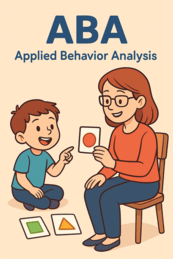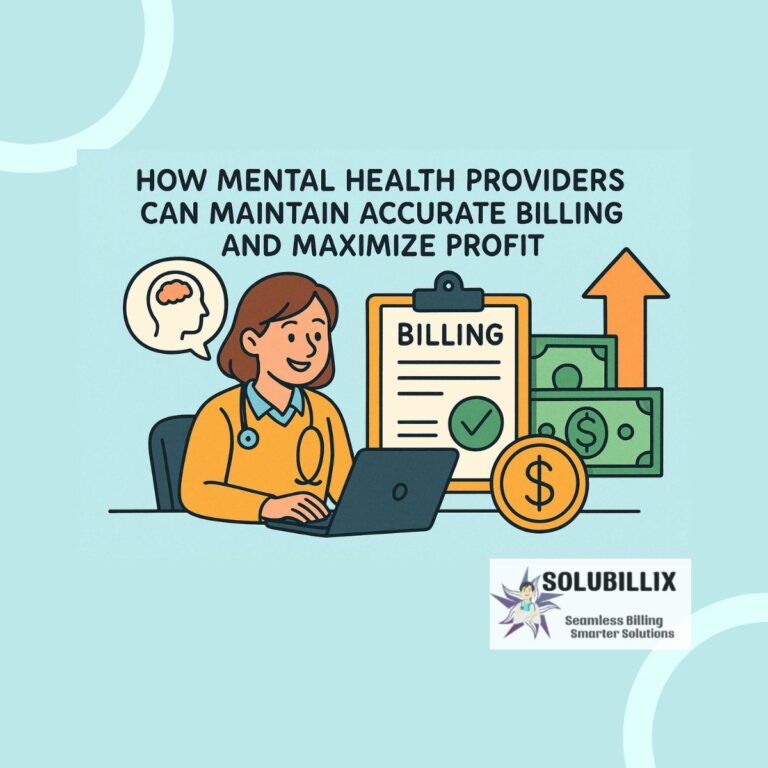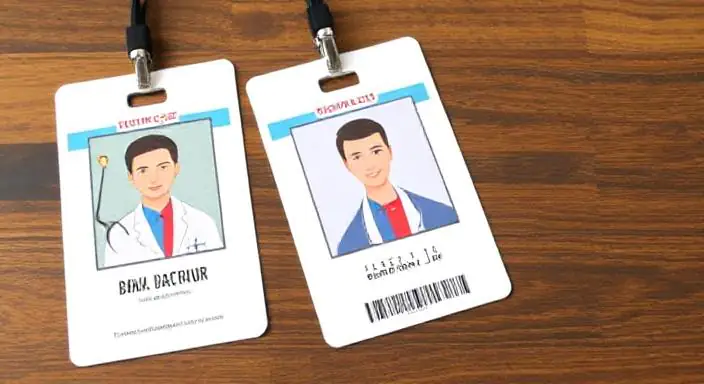👋 Understanding ABA Therapy
Applied Behavior Analysis (ABA) is a structured, evidence-based therapy that helps individuals—particularly those with Autism Spectrum Disorder (ASD)—build meaningful skills and reduce behaviors that may interfere with daily life. While grounded in science, ABA is highly individualized, ensuring that each treatment plan is tailored to the client’s needs.
Common ABA services may include:
- Comprehensive assessments to identify needs
- Development and regular updates of treatment plans
- One-on-one therapy sessions with trained staff
- Training sessions for parents or caregivers
- Ongoing supervision and support for therapy teams
Since most ABA services are billed through insurance, it’s essential to document and code them correctly.
🧾 Frequently Used Billing Codes in ABA
ABA services are billed using CPT® codes, which are standardized and widely recognized by both Medicaid and private insurance providers.
🧠 Assessment Codes
- 97151 – Initial assessment by a licensed provider (BCBA/BCBA-D); includes interviews, record reviews, and treatment plan creation.
- 97152 – Assessment support provided by a technician under supervision.
- 0362T – Complex assessment involving multiple staff or extended time.
- 0373T – Used when evaluating severe behaviors requiring exposure-based procedures.
🎯 Treatment Codes
- 97153 – Standard one-on-one therapy provided by a technician (e.g., RBT).
- 97154 – Group therapy delivered by a technician to multiple clients.
- 97155 – Supervision by a BCBA adjusting the plan in real-time during a session.
- 97156 – Parent or caregiver training conducted without the client present.
- 97157 – Group parent/caregiver training session.
- 97158 – Small group therapy led by a qualified provider, with active plan adjustments.
✔️ Note: Some payers may still use older codes, such as H0032 or H2019, particularly within Medicaid.
🧍♂️ Billing Responsibilities by Role
Each team member’s credentials determine what they can bill for:
| Role | Credentials | Typical Codes Billed |
| BCBA/BCBA-D | Master’s/Doctorate | 97151, 97155, 97156 |
| RBT (Technician) | Entry-level, supervised | 97153, 97154 |
| BCaBA | Bachelor’s, supervised | Usually billed under 97153 |
| Parent/Caregiver | Not billable directly | Included in 97156 or 97157 |
To bill properly, providers must:
- Hold the correct credentials and payer enrollment
- Work within their defined scope of practice
- Follow supervision requirements (especially for technicians)
📝 Documentation Requirements
Every billed service must be backed by clear and accurate documentation. Notes should include:
- Client’s name and date of birth
- Date, time, and length of the service
- Provider’s name and credentials
- CPT® code used
- Location of service (e.g., clinic, home, telehealth)
- A description of the intervention delivered
- Client’s response and progress toward goals
- Provider’s signature
Think of documentation as a way for anyone reviewing the notes to understand exactly what was done, why it was done, and how the client responded.
📑 Authorizations and Coverage
🟢 Initial Authorization
To start ABA therapy through insurance, most payers require:
- An autism diagnosis from a qualified professional
- A prescription or recommendation for ABA
- A completed assessment and treatment plan
- Evidence that services are medically necessary
🔄 Reauthorization
Insurance carriers typically require re-approval every 3–6 months. For renewal, you will usually need:
- Updated progress reports
- Revised treatment goals
- Data showing measurable progress
- Documentation of any plan modifications
💻 Billing ABA Services via Telehealth
Certain ABA services can be provided remotely, such as:
- Initial or follow-up assessments
- Parent/caregiver training
- Supervision of staff
When billing telehealth, use:
- Modifier 95 or GT
- Place of Service (POS) code 02 for telehealth
Always verify that the client’s insurance and state guidelines permit telehealth for the specific service.
🛠️ Modifiers in ABA Billing
Modifiers provide extra detail about a service. Common examples include:
| Modifier | Meaning |
| 95 / GT | Telehealth service |
| U1–U9 | Service level or intensity (varies by Medicaid program) |
| HO | Master’s-level provider |
| HN | Bachelor’s-level provider |
| TF | Paraprofessional (e.g., RBT) |
✅ By understanding the codes, documentation standards, and payer rules, ABA providers can ensure smooth billing, proper reimbursement, and uninterrupted care for clients.





